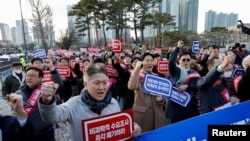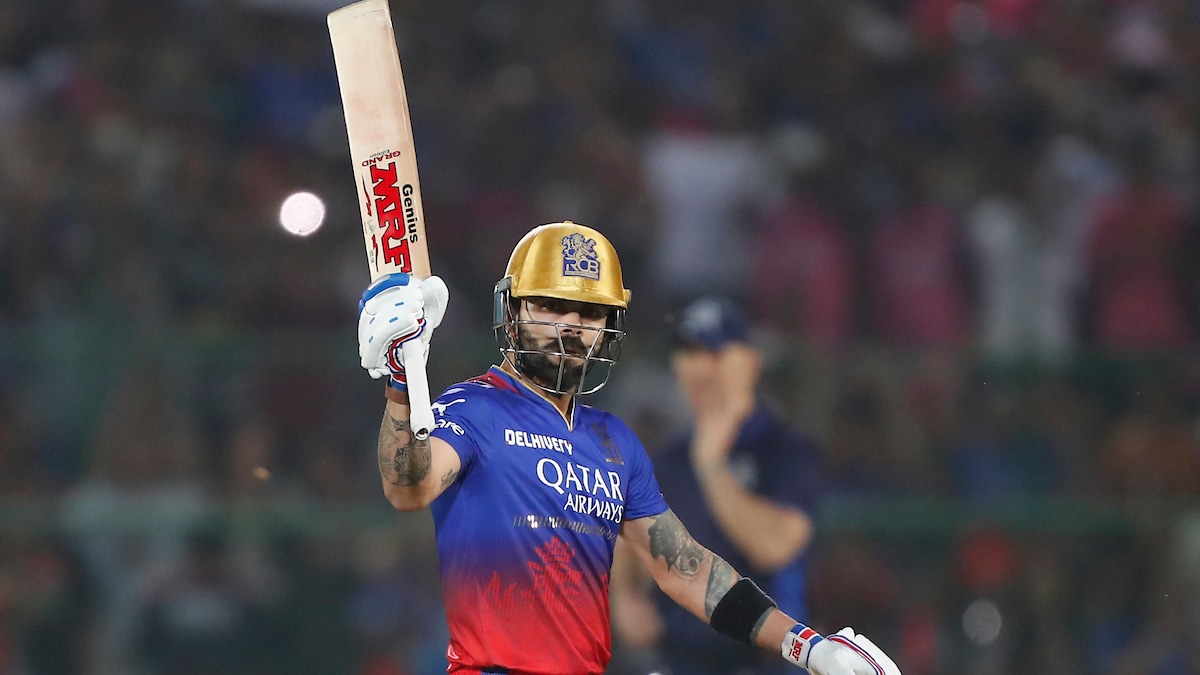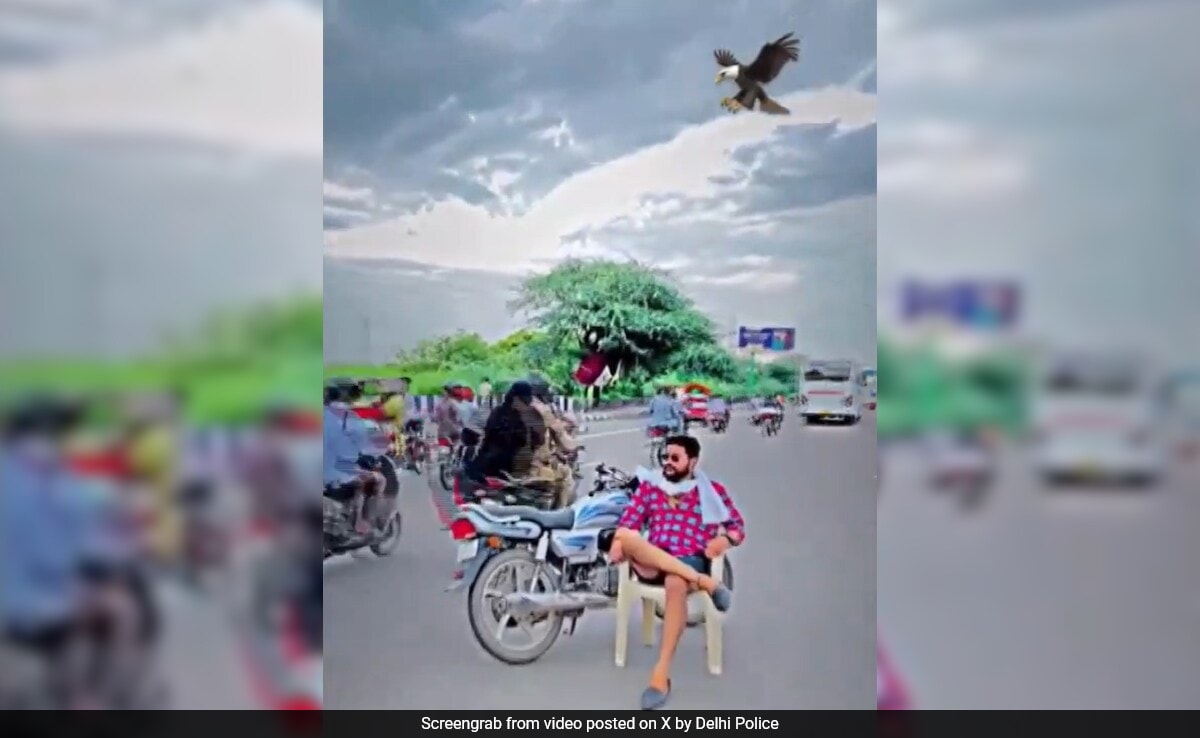South Korea’s government will take final steps next week to revoke the licenses of striking junior doctors as they refuse to end a weeks-long strike that has burdened the country’s medical services, officials said on Thursday.
More than 90% of the country’s 13,000 medical interns and residents have been on strike for about a month to protest the government’s plan to significantly increase medical school enrollment. Their strike resulted in the cancellation of hundreds of surgeries and other treatments at hospitals.
Officials say more doctors are urgently needed because South Korea’s population is aging rapidly and its doctor-to-population ratio is one of the lowest in the developed world. But doctors say schools are unable to cope with a sudden and dramatic increase in student numbers, which will ultimately harm the country’s health services.
The government has been taking a series of necessary administrative steps to revoke their licenses after they missed the government’s February 29 deadline to return to work.
These include sending officers to formally confirm the strikers’ absence, informing them of possible license suspensions and giving them a chance to respond.
The government is expected to complete the steps for some striking doctors next week and will send them notices of the final decision on license revocation, Vice Health Minister Park Min-soo said at a news conference on Thursday.
Park Geun-hye earlier said that under South Korea’s medical law, striking doctors may face at least three months of suspension or even prosecution by prosecutors for refusing the government’s order to resume work.
He urged striking doctors to return to work immediately and suggested those who ended their strikes might receive lighter punishments.
“They should return as soon as possible, not only for the sake of the patients but for their future careers. This complete departure from the hospital cannot continue,” Parker said. “As we have said many times, we will not treat people like People who are late do that to people who come back quickly.”
It was unclear whether and how many of the striking doctors would return to the hospital at the last minute. Parker said none of the strikers who were told they might have their licenses revoked responded.
Senior doctors at major university hospitals recently decided to hand in their resignations next week in support of junior doctors. Still, most of them will probably continue to go to work. If they resign, South Korea’s medical services will be severely damaged.
Two senior doctors on the emergency doctors committee leading the strike were recently notified by the government that their licenses would be suspended for three months for allegedly inciting junior doctors to strike.
Among South Korea’s 140,000 doctors, less than 10% of junior doctors are on strike. But in some large hospitals, they account for about 30%-40% of doctors, assisting senior doctors during operations and handling inpatients during training.
The government aims to increase the national cap on medical school enrollment to 2,000 starting next year from the 3,058 cap that has remained unchanged since 2006.
On Wednesday, the government announced detailed plans for how the 2,000 extra places will be allocated to universities, signaling it will not give up on its plans.
Officials say more doctors are needed to address chronic shortages in rural areas and in important but low-paying specialties. But doctors say newly recruited students will also try their hand at jobs in the Capital Region and in high-paying fields such as plastic surgery and dermatology. Government schemes also lead to doctors prescribing unnecessary treatments due to increased competition, they say.
Surveys show that a majority of South Koreans support the government’s push to create more doctors, with critics skeptical of doctors, one of the country’s highest-paid professions, worried about a drop in income as more doctors are made available.
Follow us on Google news ,Twitter , and Join Whatsapp Group of thelocalreport.in

















